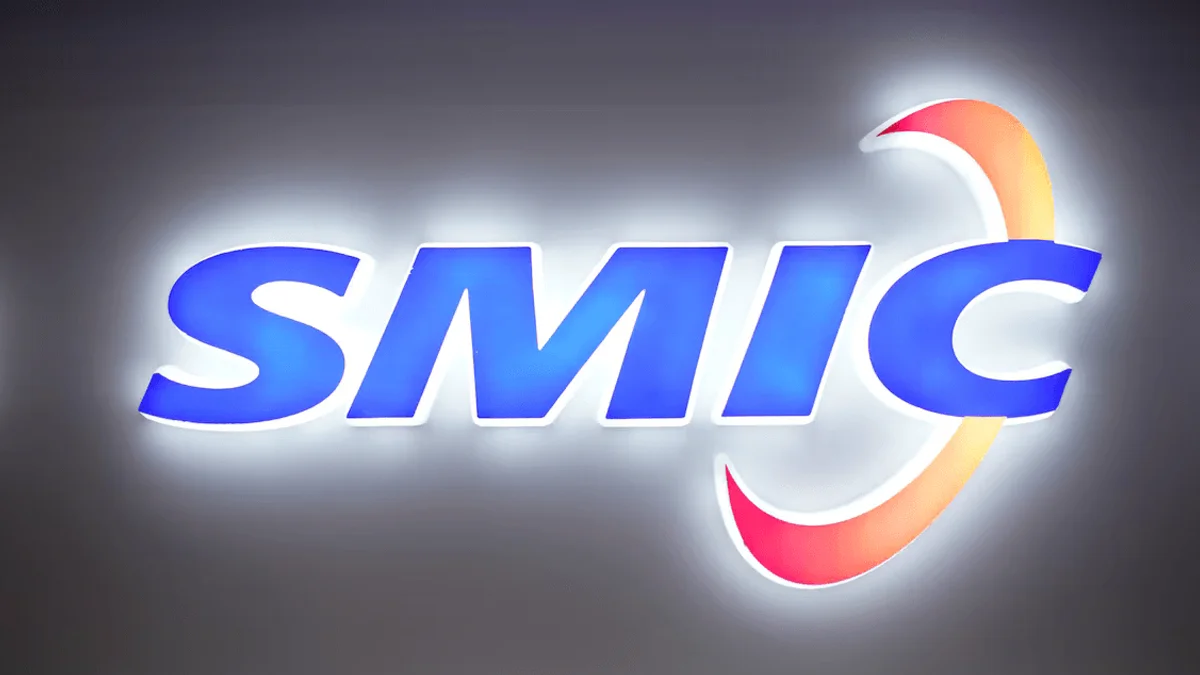Necessary Always Active
Necessary cookies are required to enable the basic features of this site, such as providing secure log-in or adjusting your consent preferences. These cookies do not store any personally identifiable data.
|
||||||
|
||||||
|
||||||
|

The largest chip manufacturer in China has raised alarm over a possible SMIC chip oversupply. According to Semiconductor Manufacturing International Corp (SMIC), the market for its mature-node chips may get saturated in the second half of 2025, Reuters has reported.
This market saturation could affect the current optimistic recovery outlook from the post-pandemic slump.
SMIC, China’s largest chipmaker says that it expects demand for its chips to dip in 2025. The company produces chips that are used in home appliances and consumer electronics. Its chips were on high demand during the Covid-19 pandemic as most consumers stayed in their homes. Demand for these chips plummeted during the post-pandemic period as people returned to offices.
Although the company also produces advanced chips that smartphone companies like Huawei use, these chips only represent a marginal fraction of its annual revenue. SMIC has not confirmed that it manufactures Huawei chips.
“We face two major concerns for the second half of 2025. First, we expect order volume to decline as demand has been pulled forward to the first half,” SMIC co-CEO Zhao Haijun said during the earnings call.
The company also expects its new production levels to spur intense price wars across the industry as rivals compete for orders.
During the earnings call, SMIC reported that its quarter four revenues stood at $2.2 billion. These earnings represented a 31.5% increase from the revenue the company generated in the same quarter in 2023. Analysts had forecasted revenues amounting to $2.18 billion. In the first 2025 quarter, analysts expect SMIC’s revenues to increase by 6% to 8%.
SMIC fourth-quarter profit and strong performance reflected in stocks on February 12. The company’s share prices rose by 6% in the Hong Kong stock exchange. But analysts also argue that the optimism in the market was also a reflection of the wider rally in Chinese stocks that were fueled by the success of DeepSeek. The Chinese AI startup has developed cost-effective AI models that it launched last month.
Stewart Randall, an analyst at Intralink consultancy firm based in Shanghai says that the positive change in SMIC stocks is a reflection of the company’s strong outlook in the first quarter. Haijun pointed to strong domestic demand in the current quarter. The company’s co-CEO said this demand will be driven by the country’s consumer stimulus measures that increased smartphone and TV sales that use its chips. Investors in the region are hoping that AI development doesn’t require highly advanced chips. This would allow domestic chip manufacturers like SMIC to benefit from the AI boom.
Chinese chip manufacturers like SMIC are turning to the mature-node segment following the move by the US to cap exports of advanced chip manufacturing technology. By doing so, they are increasingly eating into the market share that was held by established chip makers like Powerchip from Taiwan.
But Chinese chip and equipment manufacturers continue to expand their production capacity. For instance, equipment makers AMEC and Naura Technology have expanded globally. Naura is now among the largest equipment manufacturers in the world. With the weakening demand for chips, these expansion efforts will continue to spur price wars.
SMIC is also investing more towards expanding its manufacturing capacity and enhancing its domestic semiconductor capabilities. The company reported a surge in its capital spending from $4.5 billion in 2021 to $7.3 billion in 2023. SMIC’s financial report showed that the chip maker maintained a $7.33 billion capital investment in 2024 and will be investing about $7.5 billion in 2025.
In 2023, SMIC’s gross profits dipped by 20% and by over 30% two years before. SMIC co-CEO predicts that the company will remain profitable in 2025 despite the challenges. Earlier last year, the company said its profit margins had reduced to the lowest level since 2009 as it struggled with price pressure from local companies that were expanding their production companies.